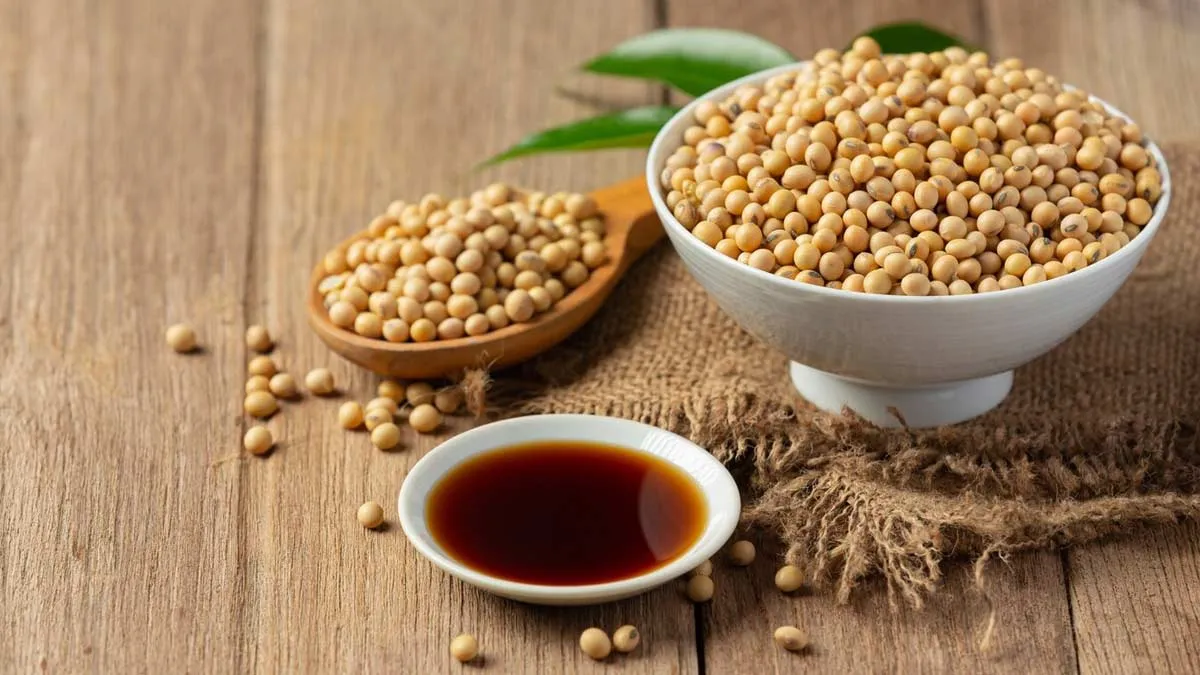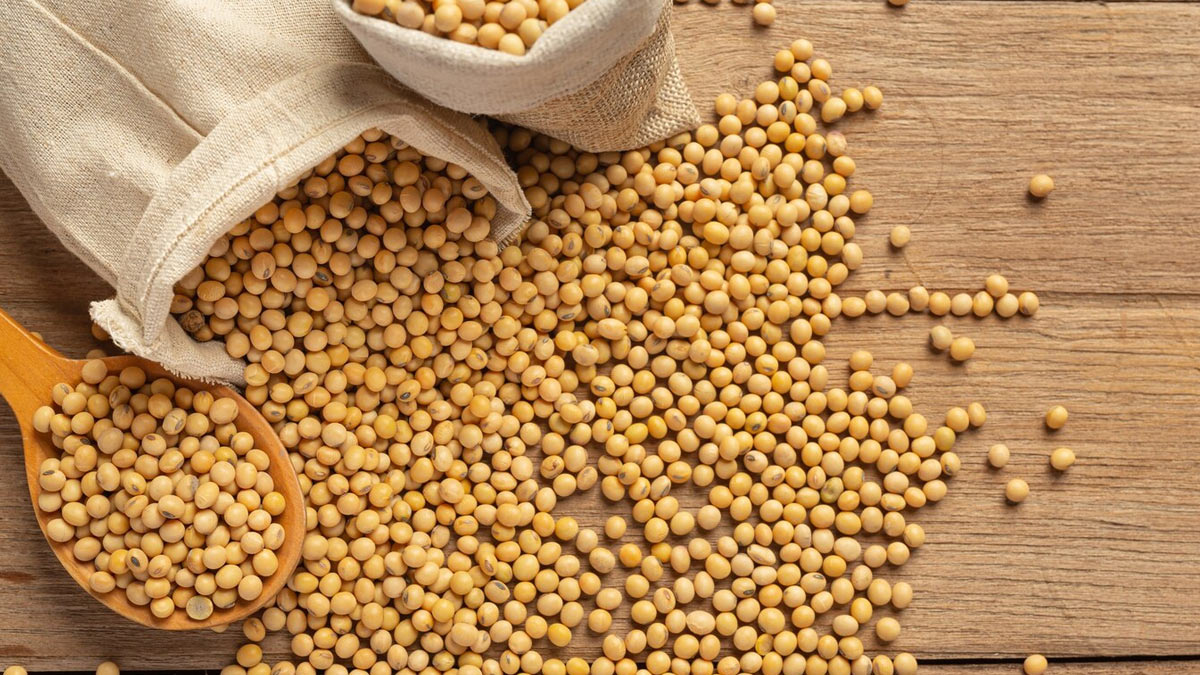
Plant-based lifestyle has gained widespread popularity in recent years. And one particular vegetarian-vegan product is soybean. Soybeans, scientifically known as Glycine max, are a species of legume cultivated for their edible beans and oil. They are considered an important source of protein and are popular for their versatile use as soy oil, soy milk, tofu, and tempeh.
Table of Content:-
While soybean provides several health benefits, one of its most significant advantages is its impact on liver health. Speaking with the OnlyMyHealth team, Dr Ashish Kumar, Professor and Senior Consultant - Institute of Liver Gastroenterology and Pancreatico Biliary Sciences, Sir Gangaram Hospital, Delhi, sheds light on how soybeans benefit the liver and in what ways they can be incorporated into your daily diet.
Also Read: Soybean Oil For Skin Health: Here's Why You Should Add This Oil To Your Skincare Routine
Nutritional Profile Of Soybean

According to Dr Kumar, soybeans are a rich source of high-quality protein. They also contain isoflavones, compounds known for their anti-inflammatory and antioxidant properties, which can help reduce oxidative stress in the body. Additionally, soy is high in dietary fibre, which plays a role in regulating blood sugar and fat levels. Importantly, soy also provides healthy fats, especially Polyunsaturated Fatty Acids (PUFAs), which are beneficial for liver function.
According to the US Department of Agriculture (USDA), a one-cup (186 g) serving of raw mature soybeans contains approximately 830 calories, 67.9 grams of protein, 37 grams of fat, and 56.2 grams of carbohydrates.
Is Soybean Good For The Liver?

Dr Kumar shares that soy can be particularly helpful for people with fatty liver. Research suggests that soy protein may help reduce fat accumulation in the liver and improve lipid profiles. It can also support better blood sugar control and help lower cholesterol levels.
Moreover, regular consumption of soy has been shown to improve liver enzyme levels, such as AST (aspartate aminotransferase) and ALT (alanine aminotransferase), which are important indicators of liver health.
A 2020 review of clinical trials suggests that soy can support liver health, especially in people with Non-Alcoholic Fatty Liver Disease (NAFLD). Regular soy intake was found to lower liver enzyme (ALT) levels, reduce body weight slightly, and decrease oxidative stress. While it didn’t significantly impact cholesterol levels, the findings highlight soy’s potential as a helpful addition to a liver-friendly diet.
Moderation Is Key
As with most things, moderation is key, shares Dr Kumar. Consuming excessive amounts of soy, especially in the form of supplements or highly processed soy products, may lead to hormonal imbalances or affect thyroid function in some individuals.
However, consuming soy in regular dietary amounts is generally safe and beneficial. It’s best to include soy as part of a diverse and balanced diet, alongside lentils, vegetables, or even lean meats.
Also Read: Ever Heard Of Black Soybean? Read On To Know About Its Health Benefits
Animal Protein Or Soybean: Which Is Better?

In certain cases, especially when comparing soy to red meat, soy may be a healthier choice due to its lower saturated fat content and cholesterol-lowering properties. However, not all animal proteins need to be avoided.
Lean sources like eggs, fish, and chicken can also be included alongside soy. Soy is a particularly good option for patients with fatty liver or those managing diabetes.
How To Consume Soybeans For Liver Health
Soy should be consumed in minimally processed forms for liver health. Dr Kumar recommends boiled soybeans, tofu, and unsweetened soy milk. According to him, highly processed or fried soy products, like soy-based chips or snacks, are less beneficial. Fermented soy products can also offer additional health benefits.
Conclusion
If you're looking for simple ways to support your liver, adding soy to your meals might be a great place to start. From tofu and boiled soybeans to a glass of unsweetened soy milk, these options are not only versatile but also gentle on the liver. Just be mindful of how much and what type you’re consuming. It’s not about cutting things out completely but about making smarter choices for your body.
Also watch this video
How we keep this article up to date:
We work with experts and keep a close eye on the latest in health and wellness. Whenever there is a new research or helpful information, we update our articles with accurate and useful advice.
Current Version